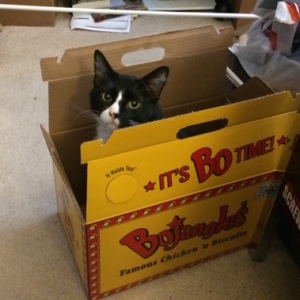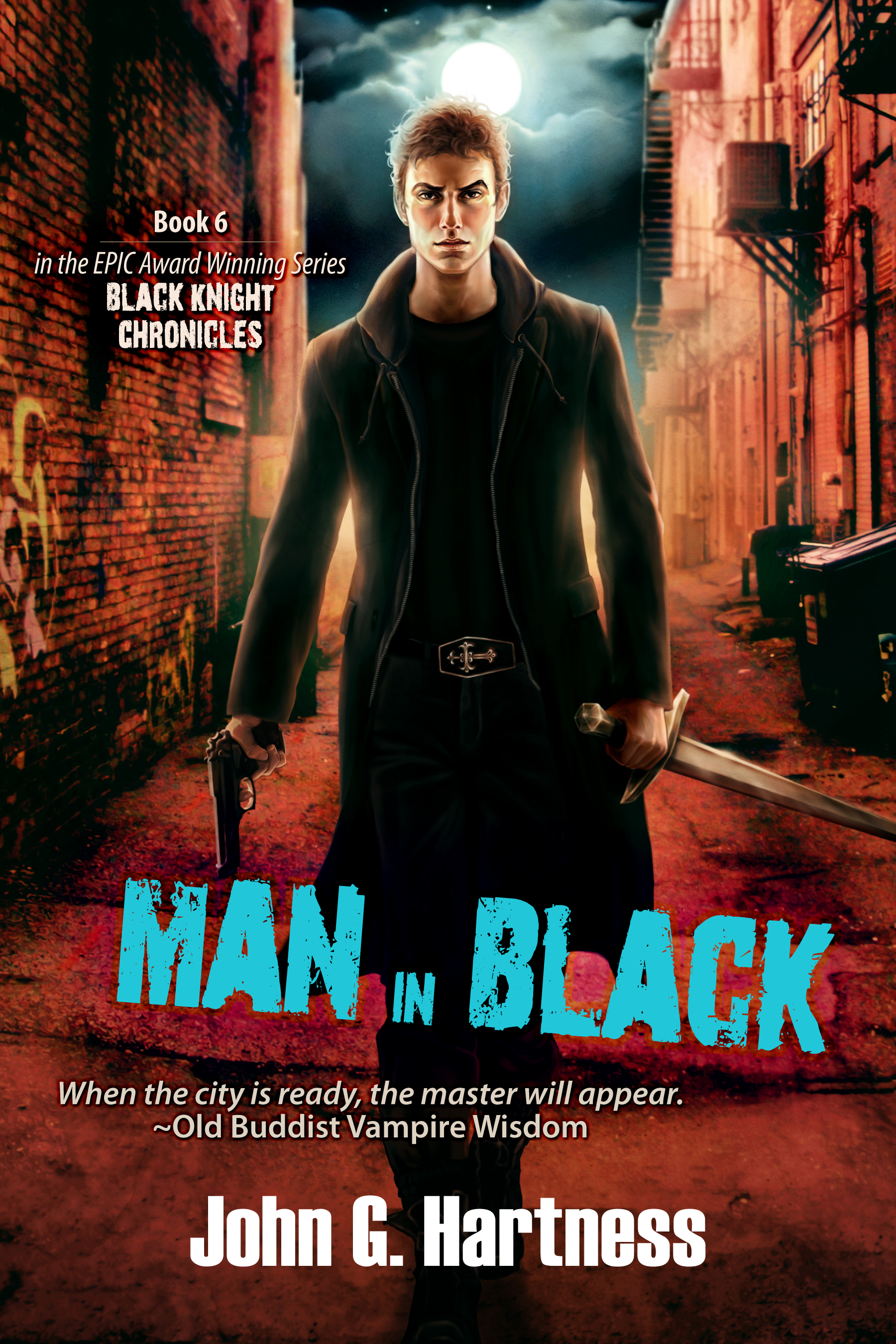
Manuscript Format Guidelines and Why We Care – A Letter from an Editor
As a lot of folks here know, in 2016 I started a small publishing company, Falstaff Books. As such, I look through a fair number of manuscript submissions. I don’t read all of them at first, there’s a team of slush readers that do that. But I sometimes poke my head into the slush pile, and I read everything that gets kicked up the food chain to me.
That means I see some truly interesting things done with formatting of documents. Despite the fact that we publish pretty clear submission guidelines on our website (click the big red button that says “submissions” to see these), we’ll occasionally get some manuscripts that do not follow the guidelines. I don’t know if this is ignorance, hubris, or just stupidity that causes people to ignore the clearly stated guidelines, but it will frequently result in a rejection without the submission ever being read.
Here’s why – I have enough books under contract to not accept another title for publication before 2020, and we’d still be really busy.
We are a very small press. We do not pay advances at this point. We do not have national bookstore placement yet. We have a very small media footprint. We have won no major awards for our books, and have only a few thousand people on our newsletter and social media reach. And we still have so many amazing books in the pipeline that if I didn’t accept another book for two years, we’d still be able to publish multiple books every month for the next three years.
If we are that inundated with talented writers and quality manuscripts at this point in our evolution, how backed up do you think places like Apex or Angry Robot or Baen are? Those folks have been around much longer and have much better distribution, so if you think they aren’t way busier than I am, you’re smoking the good shit.
If you mail me the good shit, I might forgive some of your formatting stupidity.
So that’s what it boils down to with some guidelines – give an editor the shit they want in the format they want it, because doing anything else gives them an excuse to reject your manuscript and move on the next amazing submission in the pile.
But I’m going to go point by point in our guidelines and tell you exactly why they exist. So you don’t sit there and say “That Hartness guy is just an arbitrary asshat that hates kittens and rejected my manuscript because I mailed a hard copy in on cat stationary.”
First off, we only accept email submissions. I don’t have a PO Box, I don’t want a PO Box, and there is no way in hell I want you crazy fuckers showing up at my door with rose-scented perfumed manuscripts.
Secondly, fuck you, I love cats.

See? That’s my cat. In a Bojangle’s box. He’s fucking adorable.
So here are the guidelines, pulled straight from our website as of today, March 22, 2017.
All submissions should be sent to info@falstaffbooks.com with a query letter and the requested sample, sized by format as indicated above. Should your work be accepted by another publisher during the 45-60 day period of your manuscript’s consideration, we would appreciate you letting us know.
If I have met you personally, you can send it to my email address. Otherwise, use the main email address. This is because all the editors have access to it and everyone checks that email inbox. That means that your manuscript gets seen and evaluated faster. It helps us be more efficient.
Send a query letter. I want to know a little something about you and the book before I dive in. There are a lot of websites out there that will teach you how to write one. They won’t tell you this – if you don’t include anything, I won’t read the submission. I’ll email you a form rejection letter and move along. If you don’t care enough about the book to write a query to get me excited about the book and about working with you, then I don’t care enough to read your query letter. Also, without a query letter it’s just a random email with an attachment. And those get deleted immediately.
Simultaneous submissions are fine, but if the book gets picked up, let me know. That’s just basic courtesy.
Please format your work in Standard Manuscript Format, which is:
- MSWord documents ONLY (.doc and .docx format)
- I fucking hate RTF Files. I’m getting old and I need to be able to adjust the size of a document easily. Word lets me do that. I don’t write in Word. I don’t care what you write in. The publishing world works in MSWord, so fucking get a copy of it. Some of the free stuff out there is great, but some of it the formatting looks like a pile of assholes when you transfer it to Word, so you better be able to look at it in Word before you send it. And if you can look at in Word, why not just make it there?
- 12pt. Times New Roman Font
- Yes, goddammit, you have to use the right font. I find serif fonts easier to read, and 12-point is about the smallest my old eyes ca handle. When your business card says “Publisher” on it, you can set the rules to make your life easier.
- 1-inch Margins
- It makes things look uniform, and gives me some idea of how long your paragraphs will appear on the printed page. It’s a small thing, but the idea of blocks of grey space is something I think about, and at this point if a submission follows traditional guidelines, I get a sense of how dense the text is.
- Double-Space between lines
- I mentioned I’m getting old, right? I never expected to survive my twenties, and there are plenty of people who hung out with me who also didn’t expect it. But since I did, and now I’m in my forties, I’m fucking blind. Double-spaced used to be for manual edits, now it’s for old bastards who need help reading.
- DO NOT INDENT MANUALLY
- We make a shit ton of ebooks. Ebooks hate hard tabs. So don’t fucking use hard tabs in your document. Gain some facility with the rod processing software and set your preferences to indent the first line of each new paragraph. It’s one of the things you can do when you’re fixing the font and spacing. Someone is going to have to go back through and do this anyway, so you may as well do it from the start. I sure as fuck am not going to do it, so if you send me a manuscript full of manual indents (hard tabs), you’re getting the thing back with a note that says “get rid of all the fucking hard tabs” before edits.
- Number your pages in the UPPER-RIGHTHAND CORNER starting on the SECOND PAGE
- Help me keep track of where I am. Again, it’s something you set up at the beginning of a document.
- Please include your name, email, address, and phone number on the COVER PAGE
- I would like to know how to get in touch with you, just in case you’re fucking amazing.
- CHAPTERS must start on a NEW PAGE.
- Because that’s how fucking books work. Have you ever fucking read one?
Finally, please wait 45-60 days for our response to your submission. We will request more of your work or send a rejection during that time. Due to the large number of submissions we receive we will be unable to send a personal rejection with each submission, though we will do our best to do so when it comes to novels and novellas.
Those are our guidelines. They’re pretty simple, right? Just follow those, and your shit gets read. Don’t follow them, and you show me that you’re a special fucking snowflake that doesn’t take direction well. It speaks to how you will handle edits, and whether or not you’re a pain in the ass. Here’s a tip – working with a publisher is a multi-year engagement, and nobody wants to work with a pain in the ass for very long. So don’t suck. Put your best foot forward, because your submission is like a first date, and nobody farts at the table on the first date.
So take a fucking Bean-o and enjoy the lobster bisque.






